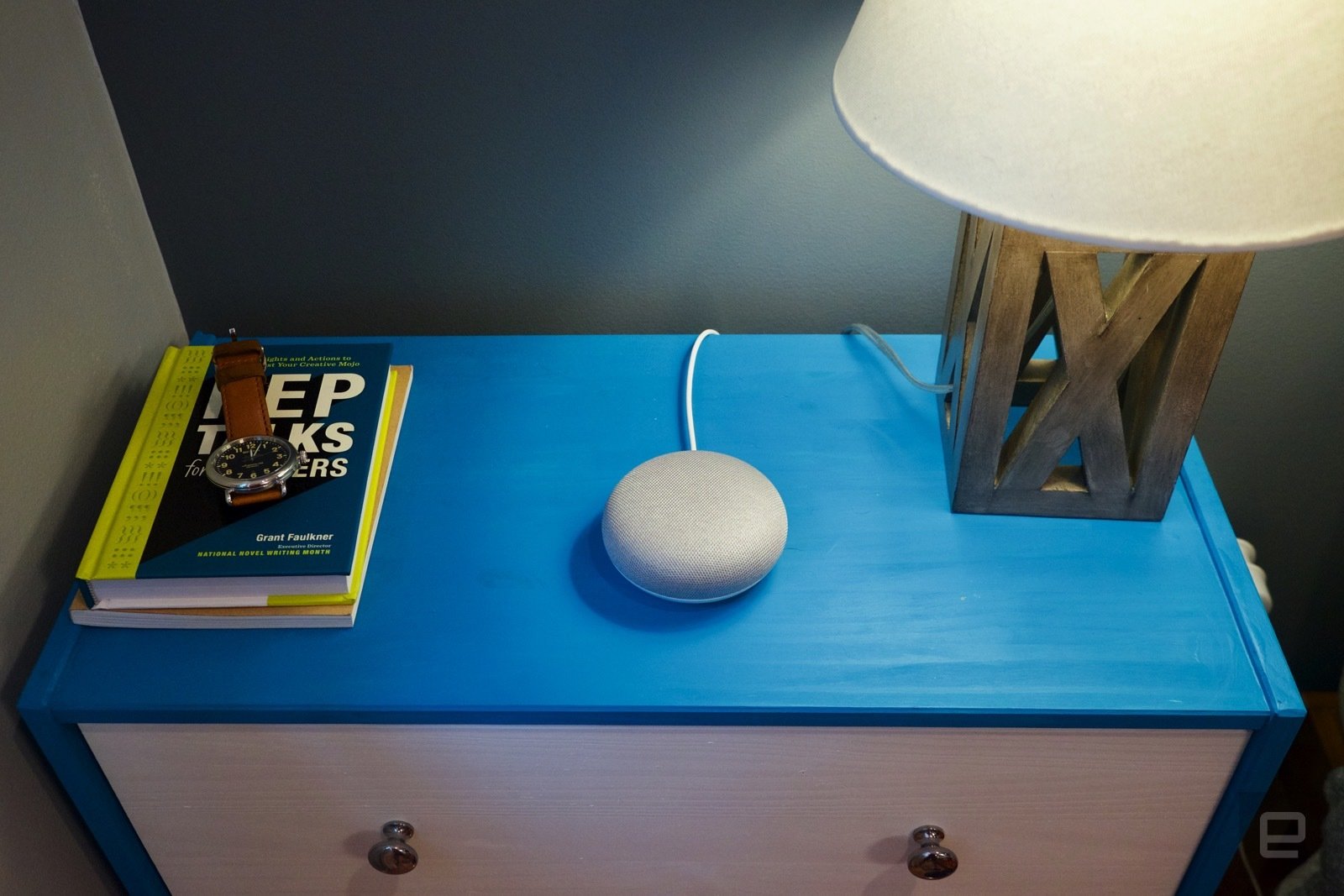When it comes to the virtual assistant wars, there are really two main players: Alexa and Google Assistant. Sure, there’s Siri, Bixby and Cortana, but none of them are nearly as capable or have the reach that the other two have. Alexa undoubtedly has the headstart, partly thanks to the success of its Echo line of products. But Google isn’t far behind, and that’s due to the sheer ubiquity of Android hardware in the world. For a while, it seemed like that was the way it was. Alexa dominated the home, while Google Assistant owned mobile.
But in recent years, that has started to change. Google has been making inroads into the home. A couple of years ago, the company released Google Home, an Echo rival that traded Alexa for Google Assistant. In 2017, Google unveiled the Home Mini, which was the company’s answer to the Echo Dot. The rivalry continued with Google unleashing its own line of Smart Displays to compete with the Echo Show in 2018, and eventually its own homegrown version in the form of Google’s Home Hub.

Google Home Mini
And it seems to be working. The products proved to be so popular, that there was a moment in 2018 where Google Home sales exceeded Echo sales for the first time. In late 2018, the Home Mini, in particular, was deemed the top-selling smart speaker in the world — Strategy Analytics estimated it had global shipments of 2.3 million units, compared to 2.2 million units of the Echo Dot.
Amazon, however, has not had that much success in the mobile world. The Fire Phone, released in 2014, was a flop. And though the Alexa app exists, it’s used mostly as a means to communicate with other Amazon products. Alexa has been incorporated in other mobile devices, like Bose headphones and the North smart glasses, but those are pretty expensive and for a relatively niche audience. There are other true wireless headphones with Alexa, like the Jabra Elite 65t, but at over $160 a pair, these again probably aren’t the mainstream rivals Amazon might be going for.

An array of Amazon Echo products
Incorporating Alexa in a pair of inexpensive wireless earbuds, on the other hand, could finally be the ticket Amazon needs to get its assistant on mobile in a more widespread manner. Apple’s AirPods have proved to be pretty popular despite their high price and mediocre sound quality. If Amazon’s version could be cheaper, sound better and have a smarter assistant on board, that could be a pretty compelling alternative for non-Apple devotees. And, seeing as last year’s Pixel Buds proved to be a disappointment, this seems at first blush to be a ripe opportunity for Amazon to swoop in.
But it might not be quite so easy. There are already a few wearables with built-in Google Assistant, but the truth is, you often don’t really even need that. Many headphones paired with Android can summon the assistant with just a couple of taps, with most of the work being done on the phone anyway. The combination of headphones and Google Assistant is therefore easy to implement without having to have an official deal with Google, which is a privilege Amazon doesn’t have.
Unless Amazon’s wireless earbuds offer some other bonus feature, they might suffer the same fate as the Fire Phone all over again. Yet, Amazon could very well have learned from its mistakes, perhaps taking extra care to make sure its earbuds exceed expectations. We’ll likely have to wait until Amazon’s annual gear event later this year to find out.

 If it wasn't already evident that Epic is concerned Apex Legends might cut Fortnite's momentum short, it is now. Epic is preparing an update that introduces Reboot Vans, a not-so-subtle parallel to Apex's revive stations. Should any of your squad mat…
If it wasn't already evident that Epic is concerned Apex Legends might cut Fortnite's momentum short, it is now. Epic is preparing an update that introduces Reboot Vans, a not-so-subtle parallel to Apex's revive stations. Should any of your squad mat…
